Larry Ellison has been called many things: visionary, maverick, playboy, contrarian. He is one of the last great Silicon Valley originals, a man who built Oracle into a global behemoth and who, even in his eighties, continues to throw his fortune and influence into battles that fuse technology, politics and power. From his early struggles as an adopted child in Chicago to his status as one of the richest men on Earth, Ellison’s story is a testament to relentless ambition and an appetite for risk few can match. Today, with a fortune approaching $150 billion and a stake in some of the world’s most consequential tech platforms, including TikTok, his influence is only growing.
The making of an iconoclast
Larry Ellison was born in New York City in 1944 to an unwed Jewish mother. At nine months old, he was sent to live with his aunt and uncle on the South Side of Chicago. His adoptive father, a Russian immigrant, was a man hardened by the Depression who constantly reminded Ellison that he would never amount to much. It was an early sting that would shape Ellison’s character: a need to prove himself, and a refusal to accept limits.
He studied briefly at the University of Illinois and the University of Chicago, but dropped out without a degree. Instead, he headed west, joining the wave of dreamers and misfits converging on California. It was the late 1960s, and Silicon Valley was still more apricot orchards than tech campuses. Ellison taught himself computer programming, moving from job to job at places like Amdahl Corporation, until he landed at Ampex. There, he worked on a CIA project with the code name “Oracle.” The name would later resurface in world-changing ways.
The rise of Oracle
In 1977, Ellison co-founded Software Development Laboratories with Bob Miner and Ed Oates. With $2,000 of their own money and a contract to build a database for the CIA, they created what would become Oracle.
Oracle’s breakthrough came by commercialising relational database technology. At a time when IBM was the giant of computing, Ellison saw an opportunity to build a faster, more flexible system that companies could use to manage growing seas of data. By the early 1980s, Oracle was thriving, signing up major corporate clients.
But success was rarely smooth. Oracle nearly collapsed in the 1990s after an accounting scandal, but Ellison pushed through. He revelled in combat, whether against IBM, Microsoft or later Amazon. His brash style, unapologetic marketing and willingness to bend rules gave Oracle both an edge and a reputation for arrogance.
By the 2000s, Oracle had become one of the most powerful software firms in the world, not only through innovation but also through relentless acquisitions: PeopleSoft, Siebel, Sun Microsystems. Each deal expanded Oracle’s grip, pushing it deeper into enterprise systems, hardware and later cloud.
Ellison’s empire beyond software
Ellison never confined himself to databases. He cultivated a life of grandeur and display, almost as if competing with his own mythology. He collected yachts and fighter jets, lived in sprawling California estates and built Japanese-style gardens. His taste for competition spilt into sports: his sailing team, Oracle Team USA, famously staged one of the greatest comebacks in America’s Cup history.
Perhaps his most audacious personal investment was the purchase of 98 per cent of the Hawaiian island of Lanai in 2012. He bought it for around $300 million, vowing to turn it into a model of sustainable living. Today, Lanai is both a private playground and a proving ground for Ellison’s experiments in renewable energy and agriculture.
He has also invested heavily in real estate from Malibu to San Francisco, making him one of America’s largest landowners. Aviation has long been a passion; he owns multiple jets and has piloted them himself. All of it reinforces Ellison’s identity as a man unwilling to live small.
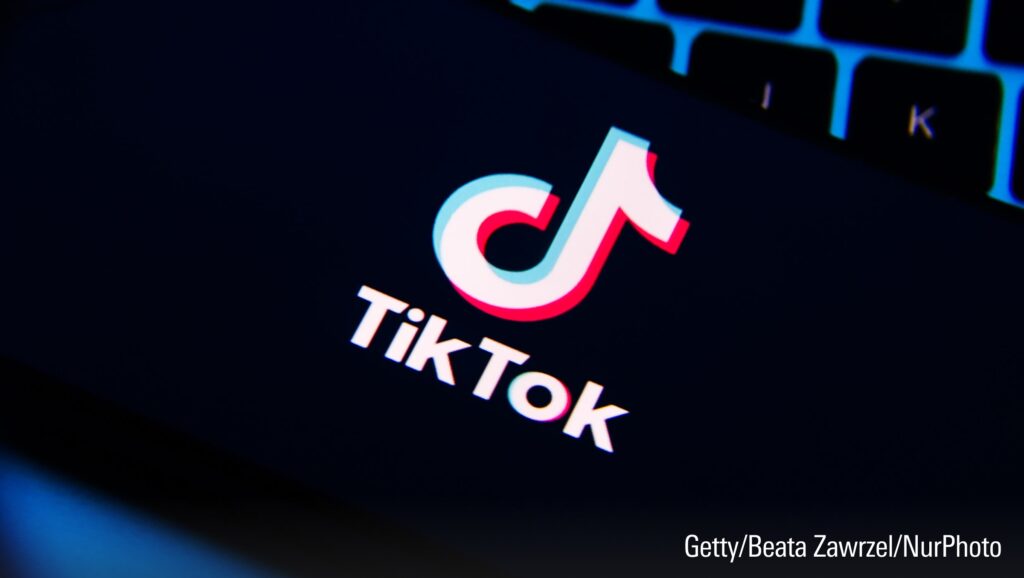
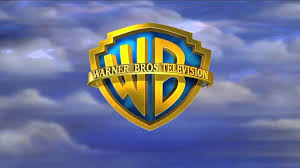
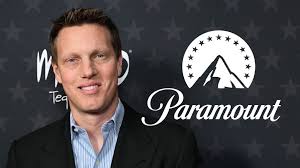
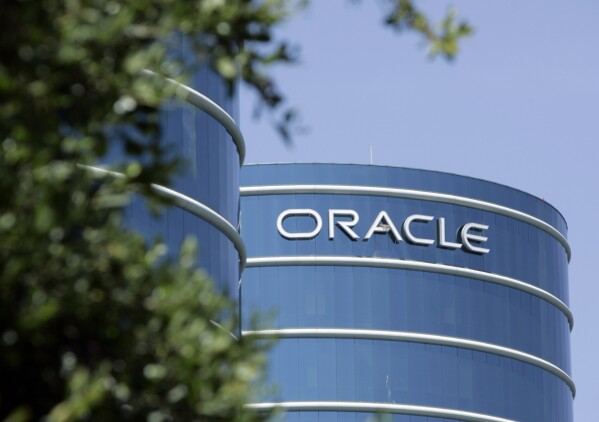
Family and heirs
For all his public bravado, Ellison’s private life has been complex. He has been married four times and has two children, David and Megan Ellison, both of whom have carved out their own empires in Hollywood.
David runs Skydance Media, a film and television company behind blockbusters like Top Gun: Maverick and partnerships with Netflix and Paramount. Megan heads Annapurna Pictures, known for backing auteur-driven projects such as Her and American Hustle. Together, the Ellison siblings have redefined the family’s presence in entertainment, cementing Larry’s role as patriarch not only of a tech dynasty but also of a Hollywood one.
Ellison himself has channelled parts of his fortune into philanthropy, although often on his own terms. He has pledged billions for medical research, particularly around ageing and disease. Yet unlike Gates, he has resisted the spotlight of global philanthropy campaigns, preferring to chart his own course.
The TikTok connection
Ellison’s latest act of relevance comes in the form of TikTok. When the Trump administration threatened to ban the app in the US in 2020 over national security concerns, Oracle emerged as an unlikely suitor. Ellison personally lobbied for a deal that would see Oracle become TikTok’s “trusted technology partner,” hosting American user data and easing fears of Chinese government access.
The deal, though politically fraught, underscored Ellison’s instincts. While many wrote Oracle off as a legacy company, he positioned it at the heart of the world’s most culturally powerful platform. The partnership has since evolved, but Oracle remains embedded in TikTok’s US operations, a reminder that Ellison’s influence stretches far beyond enterprise software.
In a world where platforms define not just business but geopolitics, Ellison has shown once again that he knows where the currents are moving.
Wealth and legacy
Ellison’s net worth, estimated at around $150 billion, makes him one of the richest men alive. He has frequently traded places with Warren Buffett, Mark Zuckerberg and Elon Musk on global rich lists. Unlike some peers, Ellison has never seemed embarrassed by his wealth. On the contrary, he flaunts it, seeing it as both a trophy and a weapon.
He has clashed with rivals and friends alike, from Steve Jobs — with whom he shared a famously complicated friendship — to Jeff Bezos, whose Amazon Web Services Ellison relishes attacking. Where Bill Gates softened into philanthropy, Ellison sharpened his role as provocateur, still eager to disrupt.
What lies ahead
As Oracle pivots to cloud and artificial intelligence, Ellison has made it clear he is not retreating. In 2022, Oracle closed its $28 billion acquisition of Cerner, a healthcare IT company, betting big on the digitisation of medical data.
Ellison has repeatedly stressed his belief that health care is the next great frontier. With Oracle’s cloud, he envisions a future where patient records are unified, accessible and AI-driven. It is a bold promise, but consistent with his lifelong style: turning technological bets into sweeping visions.
Succession remains an open question. While Safra Catz runs Oracle as CEO, Ellison continues as chairman and chief technology officer, shaping strategy. His children may pursue Hollywood rather than databases, but his grip on Oracle endures.
A symbol of American capitalism
Larry Ellison embodies a particular strain of American capitalism: unapologetic, risk-hungry, eccentric. He has outlasted rivals, reinvented his company and himself, and ensured that, decades after the birth of Silicon Valley, his name still resonates at the centre of global business.
For investors, competitors and policymakers alike, Ellison remains a figure impossible to ignore. Whether orchestrating enterprise software battles, reshaping an island, or inserting himself into the geopolitical tug-of-war over TikTok, he has made a career of finding leverage where others see only limits.
Ellison is eighty-one years old, but his story is far from over. If history is a guide, his next move will be as audacious as the last.
Long-read– Newshub, 30 September 2025


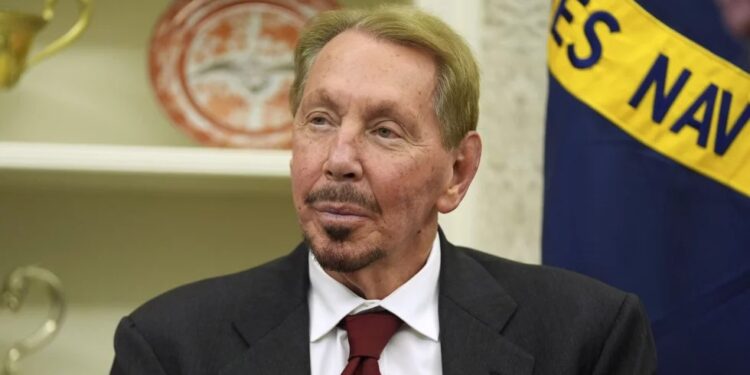

Recent Comments